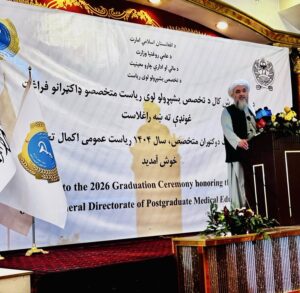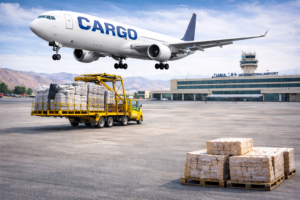KABUL (SW) – Roza Otunbayeva, head of the United Nations Assistance Mission in Afghanistan (UNAMA), has highlighted the extensive humanitarian needs in Afghanistan despite nearly $7 billion in aid over the past three years.
Speaking at the UN Security Council on Friday, June 21, she emphasized that the situation remains dire.
The UN Office for the Coordination of Humanitarian Affairs (OCHA) reported that over half of Afghanistan’s population urgently requires humanitarian assistance. Lisa Doten, OCHA’s financial director, noted that the return of Afghan citizens from Iran and Pakistan, coupled with natural disasters such as floods, has significantly exacerbated the humanitarian crisis.
Meanwhile, flood victims and returnees from Pakistan have expressed deep concern about their deteriorating living conditions and lack of employment opportunities.
Zarin, a resident of Ghor province who suffered from recent floods, stated, “We lost everything in the floods; we are now 13 people in a family without support. We are very worried about our situation.”
Abdullah, who recently returned to Nangarhar from Pakistan, shared similar struggles: “We are living in a rented house; our economic situation is terrible, and there are no jobs. Now, even the aid has stopped.”
OCHA estimates that nearly 23.7 million Afghan citizens will need humanitarian aid in the current year.
The United Nations International Children’s Emergency Fund (UNICEF) also raised concerns about the adverse effects of climate change on children’s food security in Afghanistan. They reported that over 875,000 children under five suffer from severe malnutrition. UNICEF added that the lack of food and clean drinking water in flood-affected areas is making more children sick.
Ahmad, another flood victim from Ghor, described the dire conditions: “Our house and property were washed away by the flood; we are living in tents where the nights are cold and the days are very hot, causing my children to fall ill.”
Masuma, a resident of Daikundi with a one-year-old child suffering from malnutrition, explained, “Our economic situation is dire. During my pregnancy, I didn’t have proper nutrition, which led to my child’s malnutrition. I survived on dry bread alone.”
The United Nations continues to express concern over the ongoing humanitarian needs in Afghanistan, with many global aid organizations warning of budget shortfalls that could hinder their ability to provide necessary assistance.






